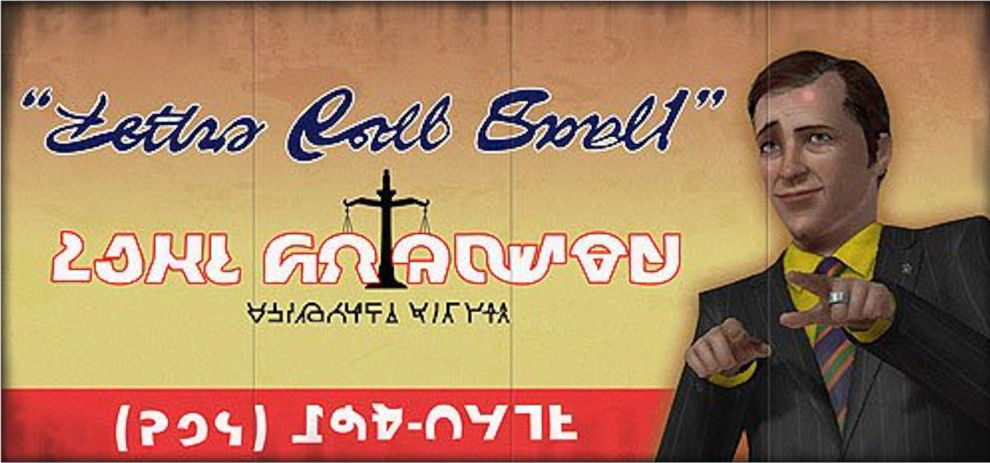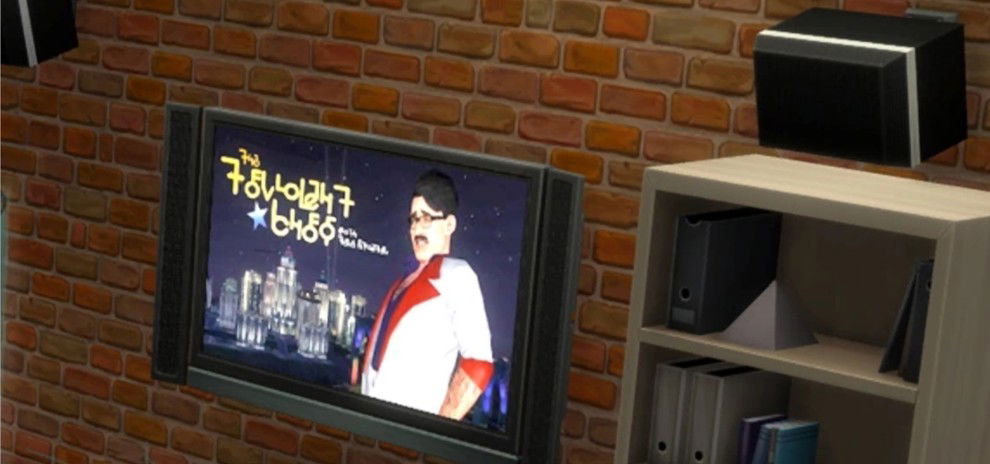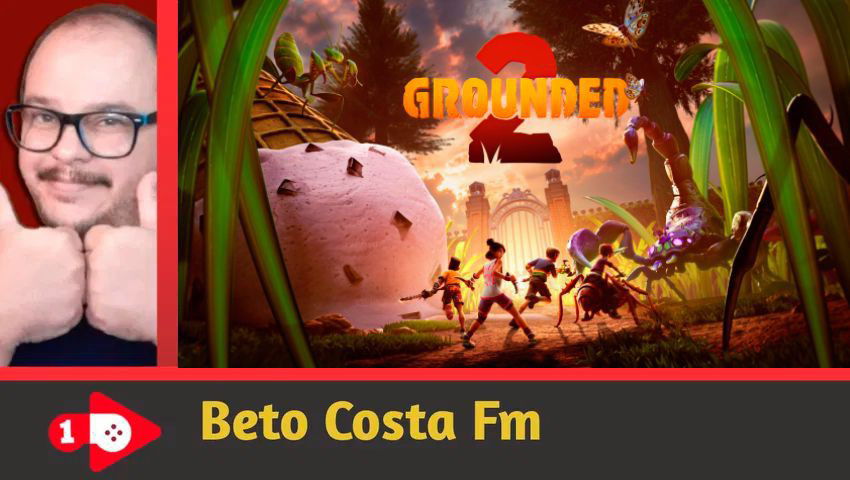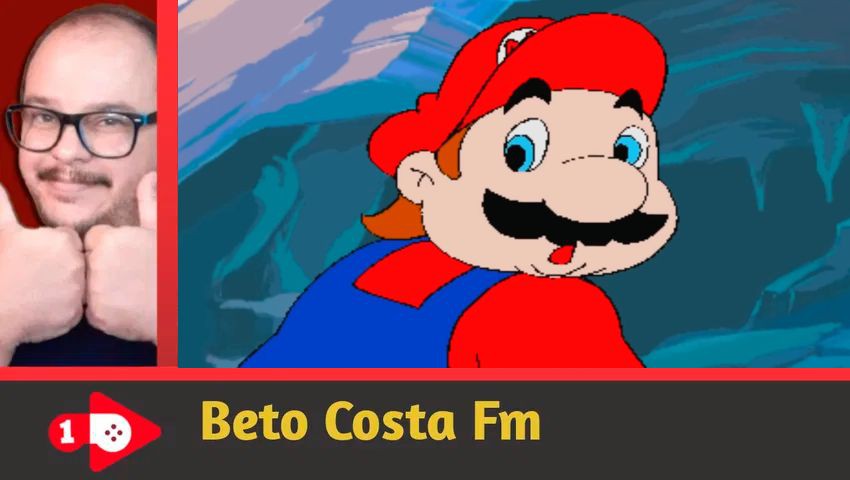There's something tiresome and annoying in a game: when the character is saying the same phrase over and over again for every little thing, right? That annoying phrase that sticks in your head with every move in the game, leaving you in the Sound settings looking for the control to disable the character's voice. Like this one:
The Sims is a world-famous life simulation game that has captivated players for decades, giving them the chance to create, control, and manage characters, their families, and their lives. One of the game's most iconic and intriguing features is the unique language spoken by The Sims characters, commonly known as Simlish.
This absurd yet expressive and strangely understandable language is an essential part of the game's identity, adding charm and humor to the virtual world, making the game much less repetitive and boring. In this post, we'll discuss its origins, evolution, and role in The Sims franchise and, if you have any questions, leave your comment.
What is Simlish?
Simlish is the fictional language used by characters in the games, supposedly created by mixing real languages such as Ukrainian, Navajo, Romanian, Irish, Filipino, and others, but this is unconfirmed. Created as a playful language, it’s known for its peculiar sounds and phrases that mimic real speech patterns but lack any literal meaning.
This is a deliberate choice by the game's developers, allowing players to immerse themselves in the world of The Sims without the barrier of language or specific cultural contexts. Despite being unintelligible, Simlish effectively conveys the characters' emotions and expressions, keeping the player engaged with the Sims' experiences.

Simlish isn't just random sounds. It has its own phonological system, meaning the sounds used and how they combine have distinct rules. Simlish syllables generally follow a consonant-vowel-consonant pattern, resulting in catchy and memorable phrases like "Sul Sul" (hello) and "WooHoo!" (celebration). Furthermore, Simlish uses intonation and rhythm to convey emotions, similar to how we do in real spoken languages.
The origins of The Sims date back to the late 1990s, when Will Wright, the game's creator, was developing the first game in the series. Wright and his team wanted the characters to communicate universally, but without a specific language so that everyone could relate to the game.
They decided to create a language that would serve as a neutral form of communication for the characters, allowing players around the world to connect with the game equally. The original voice actors improvised Simlish sounds and words during the recording sessions. The result was an organic language that reflected real-life conversations, but with a touch of unpredictability and spontaneity.
Evolution of the Sims language in games
Simlish has evolved throughout the franchise, appearing in every main game since the first title, all spin-offs, and the most recent The Sims 4 and its numerous expansion packs. While the language has remained largely consistent, each version of the game has refined its use. In The Sims 4, for example, it’s more varied, and the characters display greater emotional depth through their vocalizations.
This language is also used in songs, TV shows, and even in-game text, making it an immersive part of the Sims universe. As the games advanced in graphics and gameplay, developers refined the way Simlish sounds are conveyed, allowing them to express a wider range of emotions—from joy and excitement to anger and frustration.
First Games (2000-2004)
The original Simlish was a small vocabulary of catchy syllables designed to convey basic emotions and actions. Think “WooHoo” for romance and “MooHoo” for sadness—direct and effective. With only a few dozen sentences, the interactions felt repetitive, but they set the stage for future development.
The Expansion Era (2004-2014)
Each new version of The Sims brought an expanded Simlish lexicon, incorporating expressions more focused on situational context. From “Deileesh” (delicious) to “Ooh be gah!” (very good!), players could understand their Sims better than ever before. Simlish gained the ability to convey a wider range of emotions, from playful laughter to frustrated screams, immersing players more deeply into the emotional lives of their virtual families.
Modern Era (2014-Presente)
The Sims 4 introduced dynamic intonation and speech patterns, making Simlish sound more natural and expressive. It's as if your Sims are actually having a conversation, not just uttering pre-recorded phrases. Fan-made Simlish creations, such as songs and stories, further enriched the language, adding depth and cultural references.
Why does Simlish work?
At first glance, it may seem strange that a nonsensical language would be so effective in a game. However, it's a perfect fit for The Sims for several reasons:
• It doesn't favor any specific culture, as it allows players from all over the world to enjoy the game without needing translation.
• Simlish works because it relies heavily on tone, inflection, and body language to communicate emotions. This makes it relatable and understandable to players, even if the words themselves are nonsensical.
• The game itself leaves room for imagination, allowing players to project their interpretations onto conversations. This flexibility increases player engagement.
Furthermore, Simlish's cultural impact extends beyond the games themselves. It has become a recognizable element of gaming culture and is frequently referenced in memes and social media content.
Another interesting aspect of Simlish is its role in music. Many real-world artists have recorded their songs for use in games. From pop icons like Katy Perry to indie bands, musicians of all genres have taken on the challenge of reinterpreting their lyrics in this fictional language. The result is both humorous and captivating, as familiar songs take on a new and quirky life in the universe.
Here are some Simlish phrases and their meanings:
Very good – "Ooh be gah"
Something's blocking – "Choo wagga choo choo"
That's cool – "Whippna choba dog"
Move over – "Sherb"
Come here – "Gerb woof em"
Hello, can I do anything else? – "Sul sul! Plerg majah bliff?"
Thank you – "Vadish (Badeesh)"
Cat – "Minicule"
I'm bored – "Awasa poa"
What's up? – "Bloo bagoo?"
I don't like you – "Boobasnot"
Hello – "Sul sul"
Baby – "Nooboo"
I'm hungry – "Oh, feebee lay"
Milk – "Lalo"
Delicious food – "Dis wompf es fredesche"
Problem – "Shoo flee"
Let's play – "Veena Fredishay"
Dog – "Woofum"
Goodbye – "Dag dag"
So bored – "Uhh shamoo ralla poo"
Go away – "Renato! Renato!"
Quickly – "Firbs"
No, no! – "Neeshga! Neeshga!"
Car – "Abbi Anar"
Oh – "Fro"
Damn – "Garnar frash"
Listen – "Grouw"
Interesting – "Jowlenin"
Sweet – "Kooj"
Pain – "Paba"
Oh my God! – "Jamoo"
One – "Mik"
Two – "Mak"
Three – "Maka"
So hungry – "So, hungwah"
Practical Challenges of Using Simlish
Despite its popularity, Simlish presents unique challenges for the developers and voice actors behind The Sims. One of the main challenges is maintaining consistency across the game's different iterations while ensuring the language remains flexible and dynamic.
The voice actors needed to strike a balance between improvisation and structure, creating sounds that felt spontaneous and coherent within the context of the game. Additionally, the developers must ensure appropriate gestures and body language so players can clearly understand the emotions behind the nonsense words. This careful synchronization of voice acting and animation is a key part of what makes Simlish so effective.

This unfamiliar language adds a unique layer of depth to the overall experience of playing The Sims. By allowing characters to communicate in a way that transcends language barriers, Simlish brings a deeper emotional connection between players and their Sims.
Players are free to focus on the actions, relationships, and personal stories unfolding within the game, rather than being distracted by specific words or dialogue, and without the irritation of hearing the same phrase over and over again.
This language also plays a significant role in worldbuilding. The fact that all Sims speak, regardless of their background (although there are some variations introduced in The Sims 3 World Adventures, with Sims speaking French or Japanese), profession, or age, reinforces the idea that they’re part of a unified and coherent world.
Conclusion
It's much more than a quirky feature of The Sims; it's a key element that enhances the game's universality, charm, and emotional impact. As the language has evolved alongside the games, it has become an iconic part of the gameplay experience, beloved by players worldwide.
With its ever-evolving vocabulary, passionate fan base, and growing academic interest, Simlish seems poised to continue its journey beyond the digital world. Perhaps we'll see Simlish-speaking AI assistants, interactive language learning experiences, or even complete Simlish books. One thing is certain: the future of Simlish is as open and unexpected as the imagination of its creators and fans.












— تعليقات 0
, ردود الفعل 1
كن أول من يعلق